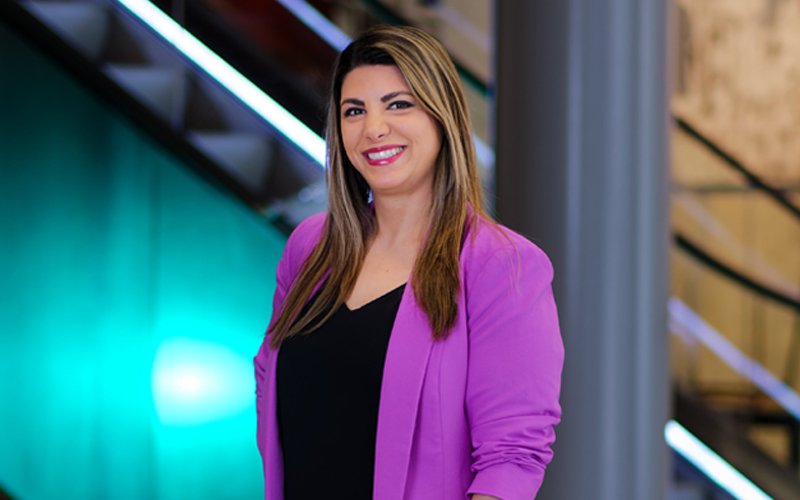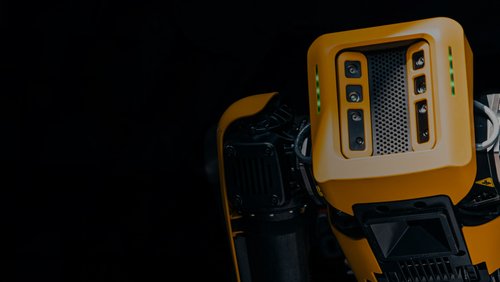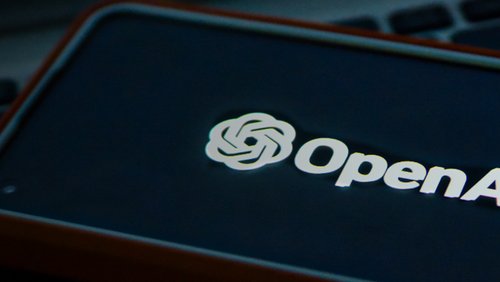7 Jan 2025
Why one computer engineer and university lecturer who admits she’s fallen in love with AI believes it can significantly help engineering.
The message has been broadcast loud and clear: AI is going to reshape white-collar work, and those who snooze might find themselves obsolete. But according to AI expert Dr Mahsa McCauley, it’s not AI per se that will replace jobs, but the people who know how to use it.
Mahsa, who is Senior Lecturer at the Auckland University of Technology’s School of Engineering and involved with a range of boards, not-for-profit organisations, think tanks and regulatory organisations, says AI technology is moving at lightning speed.
“So much so, that the topic that I put my heart and soul into for four years, translating English to Persian in real-time, is completely redundant,” she says, referring to her PhD which she gained at Massey University following her move to New Zealand from Tehran.
Mahsa says she fell in love with AI for the human aspect as much as getting machines to do clever things.
“AI offers numerous advantages,” she says, “for example, in educational applications it has the potential to significantly enhance human cognitive capabilities.”
She says that for every engineering discipline, there are ways and use cases engineers can adopt.
“Upskilling is essential to understand AI’s impact on specific fields. If you work in civil engineering, for example, AI and data analytics can drive advancements in smart city development and help tackle sustainability issues.”
She continues: “As in any area, engineering can significantly benefit from AI in terms of the automation of routine tasks, productivity, sustainability and optimisation.”
And it all comes down to data.
“AI enhances our environmental awareness in various contexts. If we collect the right data, it can do the number crunching and processing, and give us a much clearer picture of what is happening.”

Photo: Tim Hamilton/VisionWorks Photography
She says that in biomechanical engineering, AI technologies are already being used extensively, from the design phase through the entire production line.
It all depends on the information you want and the data you have available.
“Let’s say you are launching a new product – AI can analyse data you have from previous years to forecast the new product’s return on investment and identify potential market demographics.”
But it starts with the organisation.
“Organisations need to assess their current data assets, future data collection strategies, and the specific insights they want to obtain.”
While AI helps with upscaling and speeds up processes, Mahsa says the current AI systems available are not decision-making, but support that.
“Maintaining human oversight in AI processes is critical to ensure we end up with ethical and effective decision-making.”
She says the risks of AI are knowing how to use it respectfully, responsibly and ethically, and the rules around this need to be established before AI becomes more advanced. The European Union has recently created the first-ever legal framework on AI which addresses the risks, and Mahsa is helping set up regulations in Aotearoa.
“I’m sitting on the boards of NZTech and the AI Forum New Zealand, which are providing guidelines to the Government in terms of an AI blueprint and a national strategy.”
According to The IPSOS AI Monitor 2024, in a recent study of 32 countries, we have the second highest level of concern about how AI is going to impact us.
“In New Zealand, 66 percent of people say they feel nervous around adopting AI, while the global average is 50 percent.”
Mahsa is working with the Ministry of Education to advise on introducing AI to the school curriculum.
A decade ago, she established She#, a non-profit organisation dedicated to empowering women in tech. Recognition for her range of work includes a win at the 2013 Westpac Women of Influence Awards and being named a finalist for the 2018 Kiwibank New Zealander of the Year.
A 2024 recipient of a Fulbright New Zealand Scholar Award, she'll soon spend six months in the United States exploring how AI can transform bee welfare.
This article was first published in the December 2024 issue of EG magazine.




